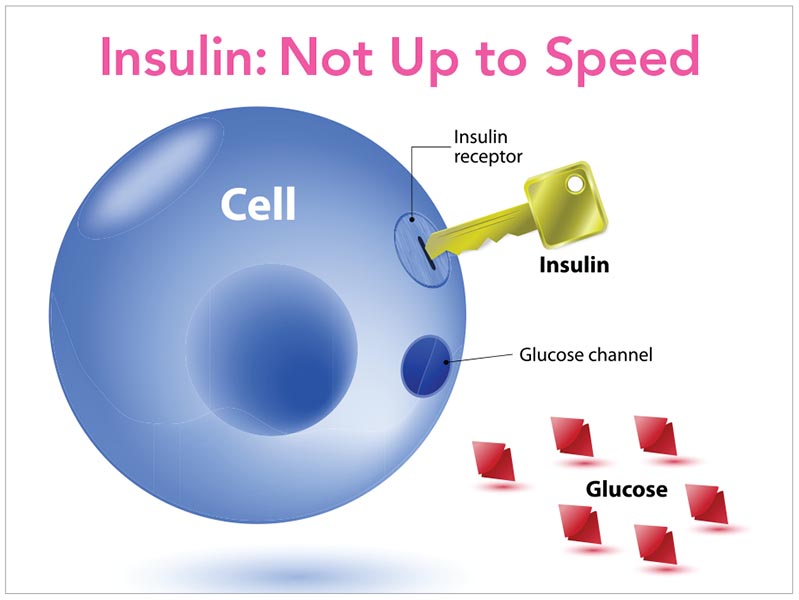You can be a "healthy" weight, but metabolically unhealthy
Think your risk of type 2 diabetes is near zero because your weight is in the normal range? Not quite.
“The most important thing you can do to lower your risk of type 2 diabetes is to avoid weight gain and lose excess weight,” says JoAnn Manson, chief of preventive medicine at Brigham and Women’s Hospital in Boston.
That’s because roughly nine out of ten people with diabetes are overweight or have obesity.
But weight isn’t the whole ballgame.
Risk factors that matter for your health
Manson and her colleagues tracked roughly 17,000 postmenopausal women in the Women’s Health Initiative for 16 years. Along with weight, they looked at women who were “metabolically unhealthy”—that is, they had at least two of these four risk factors:
- Fasting blood sugar: at least 100 milligrams per deciliter (mg/dL), or on drugs to lower blood sugar;
- Blood pressure: at least 130 systolic or 85 diastolic, or on drugs to lower blood pressure;
- Triglycerides: at least 150 mg/dL; and
- HDL (“good”) cholesterol: below 50 mg/dL.
“By far, the lowest-risk group had both a normal weight and were metabolically healthy,” says Manson, who is also a professor of epidemiology at the Harvard T.H. Chan School of Public Health.
Only 162 of the roughly 3,200 women in that group were diagnosed with diabetes during the study.
However, the risk roughly doubled for women with a healthy weight who were metabolically unhealthy. Ditto for metabolically healthy women who had excess weight.
Not surprisingly, “metabolically unhealthy women with excess weight had more than four times the risk of type 2 diabetes,” notes Manson.
What do risk factors like blood pressure or triglycerides have to do with diabetes?
“If you have a cluster of cardiometabolic abnormalities like high triglycerides, a low HDL, and high blood pressure, it’s almost always a marker of insulin resistance,” explains Manson.
That is, it’s a sign that your insulin is no longer efficiently lowering blood sugar by admitting it into cells.

Researchers have some clues about what causes insulin resistance—often associated with the metabolic syndrome—but questions remain.
“The inflammation associated with abdominal fat appears to play a role,” says Manson. And women tend to gain more of that deep belly (visceral) fat after menopause.
“It makes a strong case for measuring waist circumference in clinic visits,” says Manson.
“If people have an expanding waist or elevated triglycerides or their blood pressure is creeping up,” she adds, “they may have added incentive to be more active, to eat a healthier diet, and to lose weight. That would also help reduce their risk of heart disease and stroke.”
The good news about type 2 diabetes prevention
“About 90 percent of type 2 diabetes cases could be prevented if people could maintain a healthy weight, stay physically active, not smoke, eat a diet that’s high in fruits and vegetables, and consume good fats rather than bad fats, whole as opposed to refined grains, and fewer sugar-sweetened beverages and refined sugars,” says Manson.
Photo: dreamsnavigator/stock.adobe.com; Illustration: designua/stock.adobe.com.
Continue reading this article with a NutritionAction subscription
Already a subscriber? Log in

